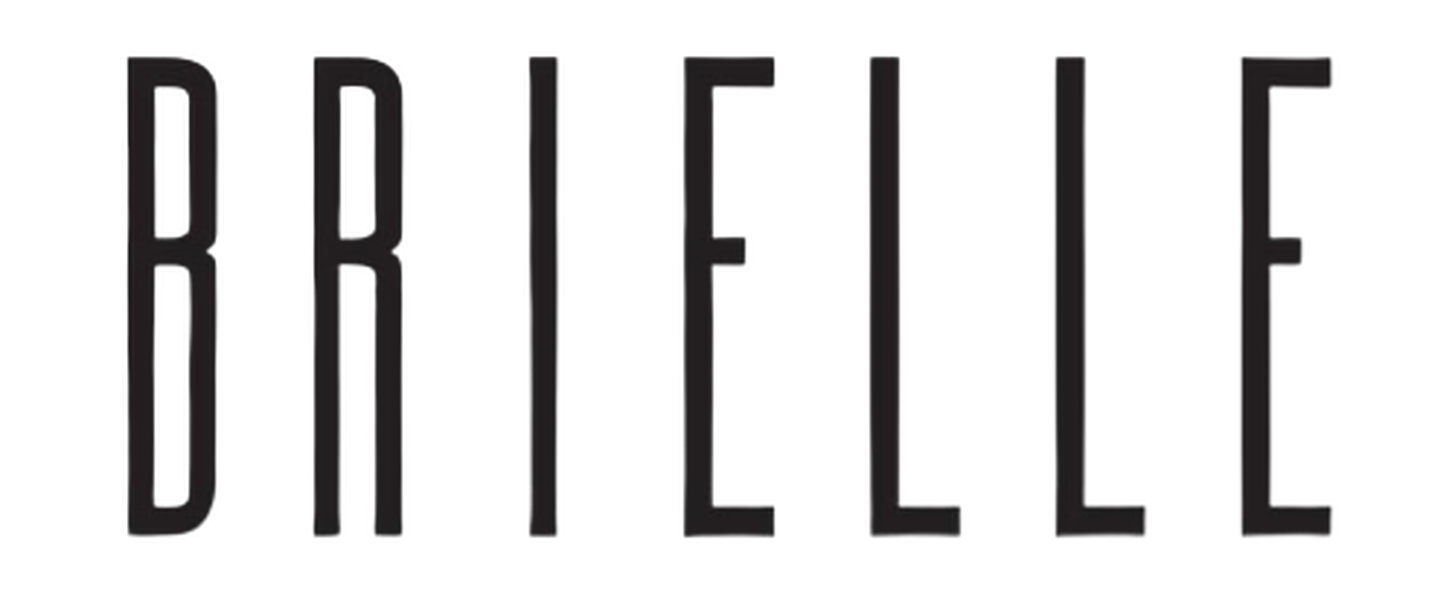Why Impulse Buying Does More Harm Than Good To Your Finances

I am Assumpta Idaka - an aesthete, freelance writer and…
In today’s world where everyone seems to be adopting the “life is short” mantra, it is no surprise that there is always the urge to act on a whim. As we all know, retail therapy is quite whimsical. Also known as impulse buying, retail therapy is an unplanned purchase of goods and services. Impulse buying is anytime you buy items you did not budget for.
Factors such as FOMO (fear of missing opportunities), a love for shopping, emotions, experiences, and bonus deals, play major roles when it comes to impulse buying. Hence, when broaching the subject of impulse buying or retail therapy, it is important to consider these factors.
Read on…
Even though most people regard impulse buying as temporary satisfaction, or a surprise element added to their day, it can cause more harm than good to the finances if not put in check.
And here is why:
- There is a tendency to buy things not needed: Spending on a whim is mostly a function of emotions. There is no thought process behind such a purchase. In such cases, the tendency to buy things not needed is likely. As such, when the adrenaline rush abates, emotions like regret, repulse, dissatisfaction, and anger set in.
- It causes strain on the finances: Because there is no planning or budgeting involved in the buying process, impulse buying always causes a strain on the finances. An example is that you can run into debts when your finances cannot keep up with your wants, whims, and needs thus causing financial stress.
- It can affect your credit score: Without proper knowledge of how compounding interest works, buying on a whim can be damaging to your credit score. And most times, the damage done can have a lasting impact on your credit score. Thus, limiting you from major purchases like a house or car.
Fun fact! I know your next question. “How do I stop the habit?”
Here is your answer!
- Pause and think: Before any purchase, it is important to weigh all options. If after a careful evaluation, there is still a need for the item, then buy. If not, just consider it as an adrenaline rush.
- Be aware: Getting to the root cause of a problem is the first step in solving any problem. This applies to impulse buying too. A way to curb impulse buying is by awareness. This suggests identifying the need every purchase is filling, aligning your values with products, and investing in items you genuinely care about.
- Prioritize budget and saving: One way to make yourself accountable when it comes to finances is by budgeting. It gives a blueprint of how you intend to spend your money per a given time thus, cutting off excesses. Saving on the other hand, allows you to invest in your financial future and limits spending.
- Allow a little spending: Being flexible with your finances is key in breaking from the spending habit. Saving and budgeting should be a priority, no doubt. Nevertheless, setting aside a little amount for fun spending is healthy. By this, you would be able to control the urge to spend impulsively.
On a final note, taking good financial decisions is necessary. This is because finances can either make or mar you. Are you an impulse buyer? Do not fret. Decide to be intentional about breaking free from the habit and you will.
What's Your Reaction?
I am Assumpta Idaka - an aesthete, freelance writer and a creative. I scribble, curate, and create. I am very passionate about fashion, arts, Jesus, and books.



Impulse buying has really wrecked me and left me broke a lot of times
Impulse buying has left me penniless a few times and I end up regretting .I will try as much as I can to save money for fun spending …